These days I look for good news wherever I can get it, and this is upbeat and heartening. I recently saw the documentary, “Demain est à nous” (Tomorrow Belongs to Us) directed by Gilles de Maistre, about child activists who are fighting in the front line to change the world, and I must say that it was not only an eye-opener but inspiring.
Is there a more noble cause than children fighting to save their planet from the ravages caused by their parents and grandparents? Or for them to protest for social justice? It’s a cliché to say that children are the future, and it’s usually useless to say it. It doesn’t change anything and frequently children are dismissed as catalysts for change simply because they themselves are powerless. By definition, children have no power. Yes, there are a few exceptions. Who hasn’t heard of Malala Yousafzai, the Nobel Peace Prize winner who as a 15-year-old was targeted and shot in the head by the Taliban for her campaign to further girls’ education in Afghanistan?
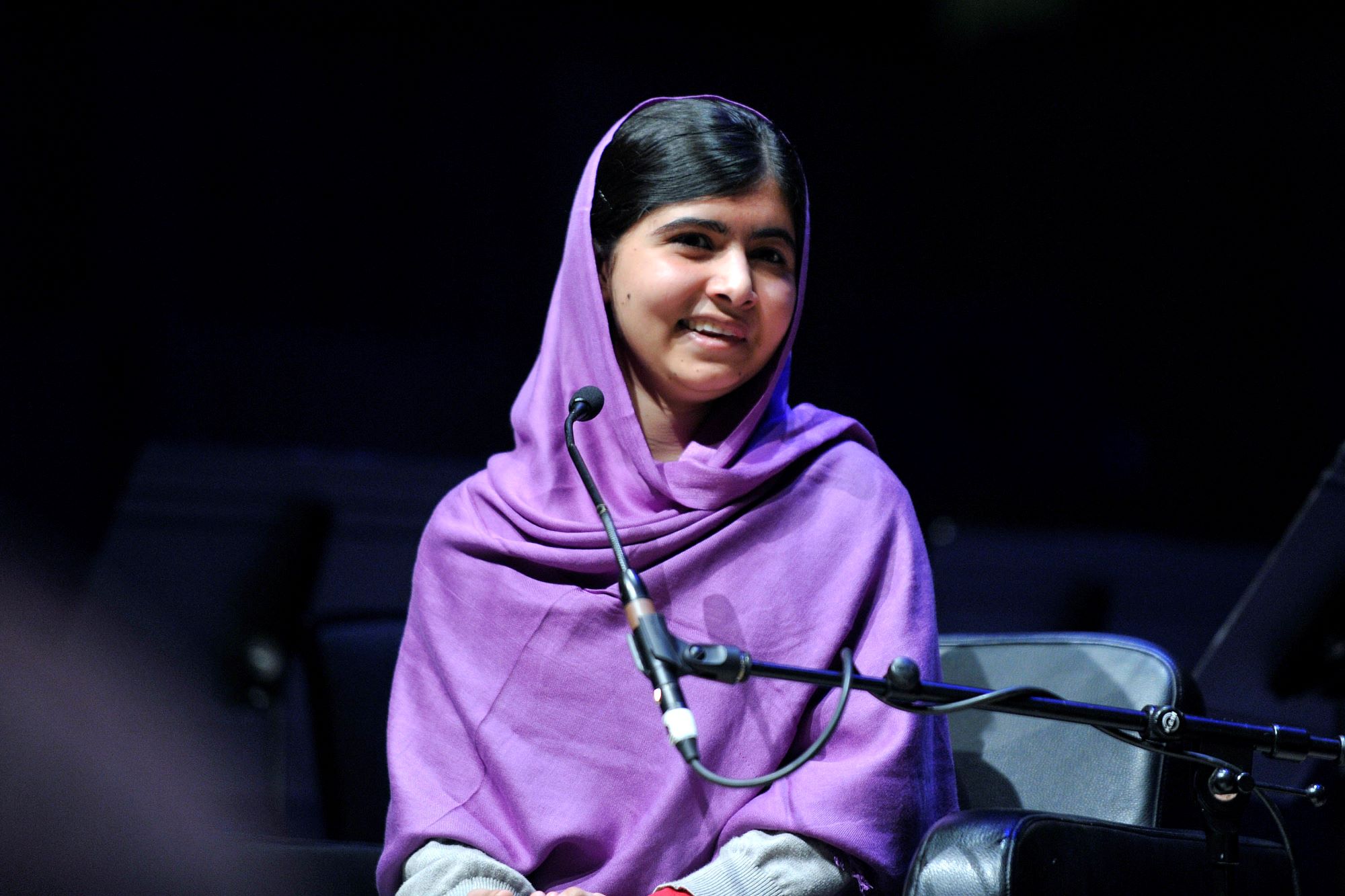
Or Greta Thun, who more recently has become an international icon for her relentless efforts to bring attention to climate change? Greta’s efforts on behalf of the planet led to her being named Person of the Year in 2019 and nominated for a Nobel Peace Prize in the same year.
But until recently these were isolated cases. Now, it seems they have sparked a fire in the bellies of other children and teens to change the world. This documentary refutes the common idea that children can’t change things. It’s simply not true, and Malala and Greta have spawned successors; there are many children who are showing the adult world the difference that commitment and caring can make even when it’s the least powerful that initiate it. They have been dubbed “generation doer”.
The causes that these kids have taken up span all aspects of society: ecology, climate change, gun control, food insecurity, gender parity, gun control, child marriage, everything. One of these little warriors, featured in a Washington Post article, is Kauã Rodolfo who at the age of 11, has already witnessed too many natural disasters in his native Brazil and is determined to do something about it.
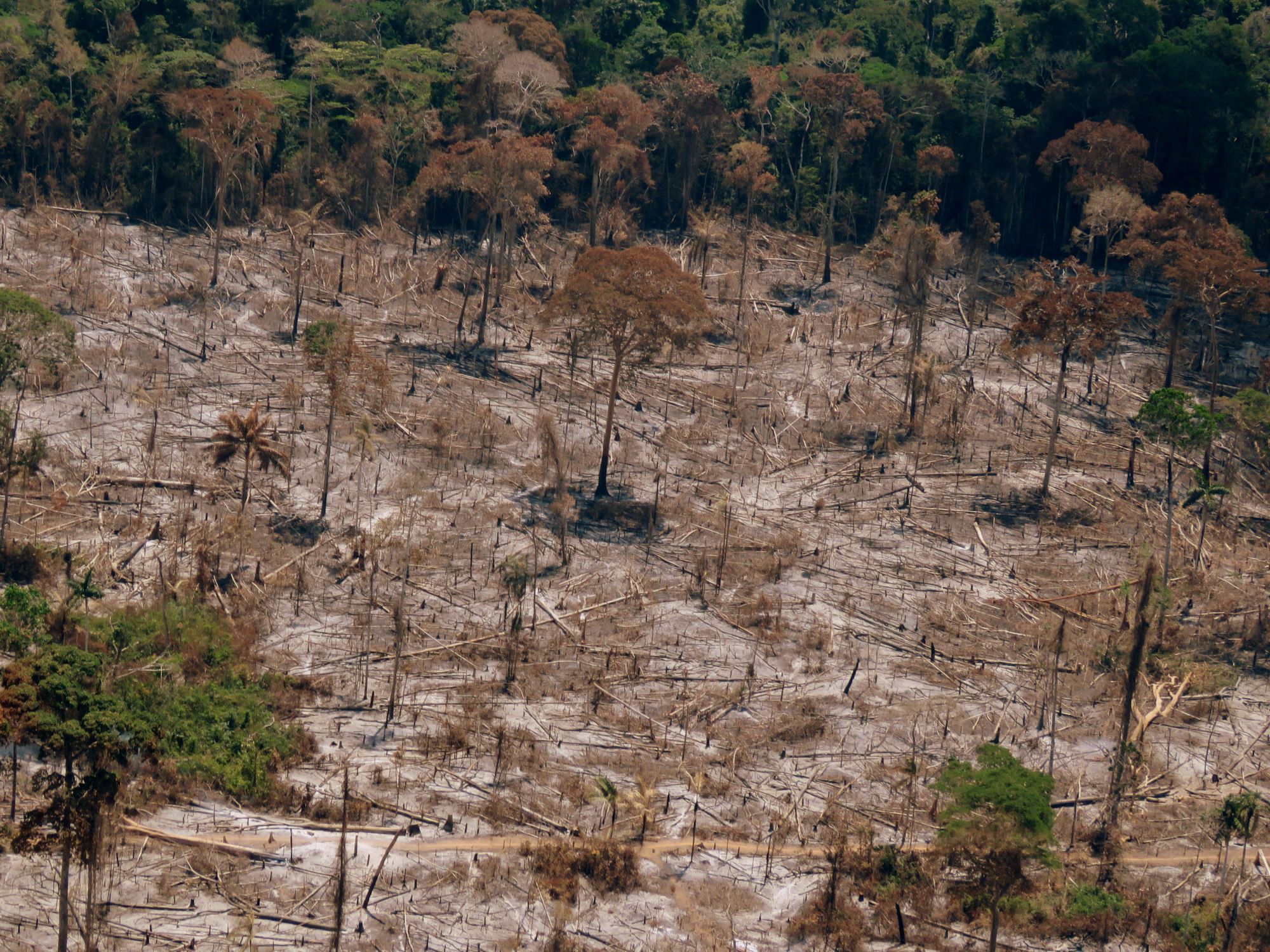
Deforestation, landslides, oil spills and catastrophic forest fires have all been part of Kauã’s short 11 years. Already sensitive to the destruction he was personally seeing in his environment, Kauã became aware of Plant-for-the-Planet’s international mission to plant one million trees and decided to join in. The organization has already met its goal of planting that million and they will go on to add more millions of them if they get their way. Kauã, like the other children in the organization, has been personally planting trees. The fact that a child of 11 can have been sensitized to the huge problems that climate change and encroaching population expansion are bringing to his native environment should set off the alarm bells in our own heads. If an 11-year-old can see the dangers, why can’t we all?
Another young climate activist is much closer to home. Isra Hirzi, daughter of the Congresswoman from Minnesota Ilhan Omar, is equally passionate about the environment and climate change. An activist since she was 12, Isra became committed to safeguarding the environment when she learned about the Flint Michigan water crisis. First, she joined her school’s environmental club and later co-founded the U.S. Youth Climate Strike, the American branch of the international movement inspired by Greta Thunberg which galvanized student protests in 2019.
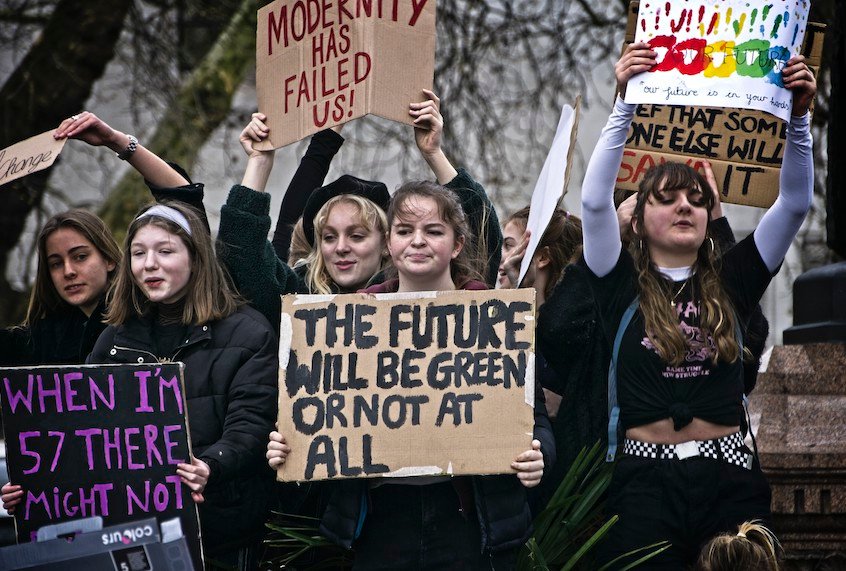
While Kauã’s and Isra’s focus has been on ecology, others aim to change social problems. Kevin, Jocelyne and Peter – ages 10, 12, and 13 – have emerged as civil rights champions in Potosi, Bolivia where the harshest forms of child labor are both legal and considered normal. One million children out of a population of 11 million work, some in brickyards or in mining, the most dangerous conditions. Some start at the age of 5. Sadly, these three “social warriors” are not fighting to put an end to child labor, since their families could not survive without their income, but only to create a union to secure better working conditions and access to education. To protect themselves against the abuses that are rampant in the child labor market.
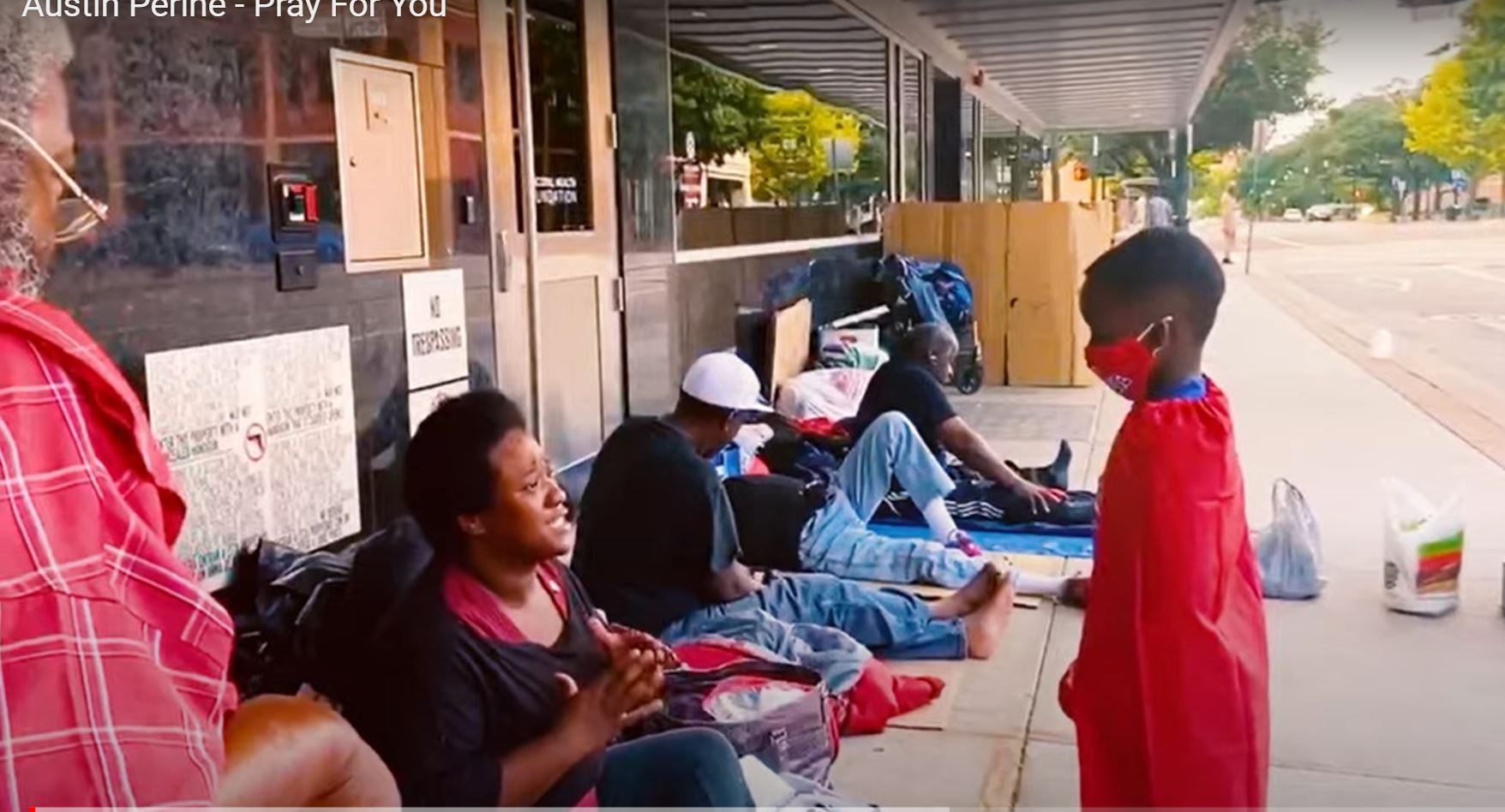
Sometimes the littlest heroes start very small and become a force that can make a real difference in their community. When 5-year-old Austin Perine’s father introduced him to the idea of homelessness (via an orphan Panda bear seen on TV) and took him to a homeless shelter in his native Birmingham Alabama to see it firsthand, Austin asked if he could feed the unfortunate people he was seeing. He decided to go to Burger King and buy one a chicken sandwich. He then decided that he would use his allowance to feed more people. He now drops off food on a weekly basis, but for the little superhero in the blue cape and red tights, also known as President Austin, it’s not only about food. He thinks of it as giving food and smiles. “President Austin” has received am enormous amount of attention in the media, doing the rounds of talk shows, featured on CNN, CBS and countless other sources.
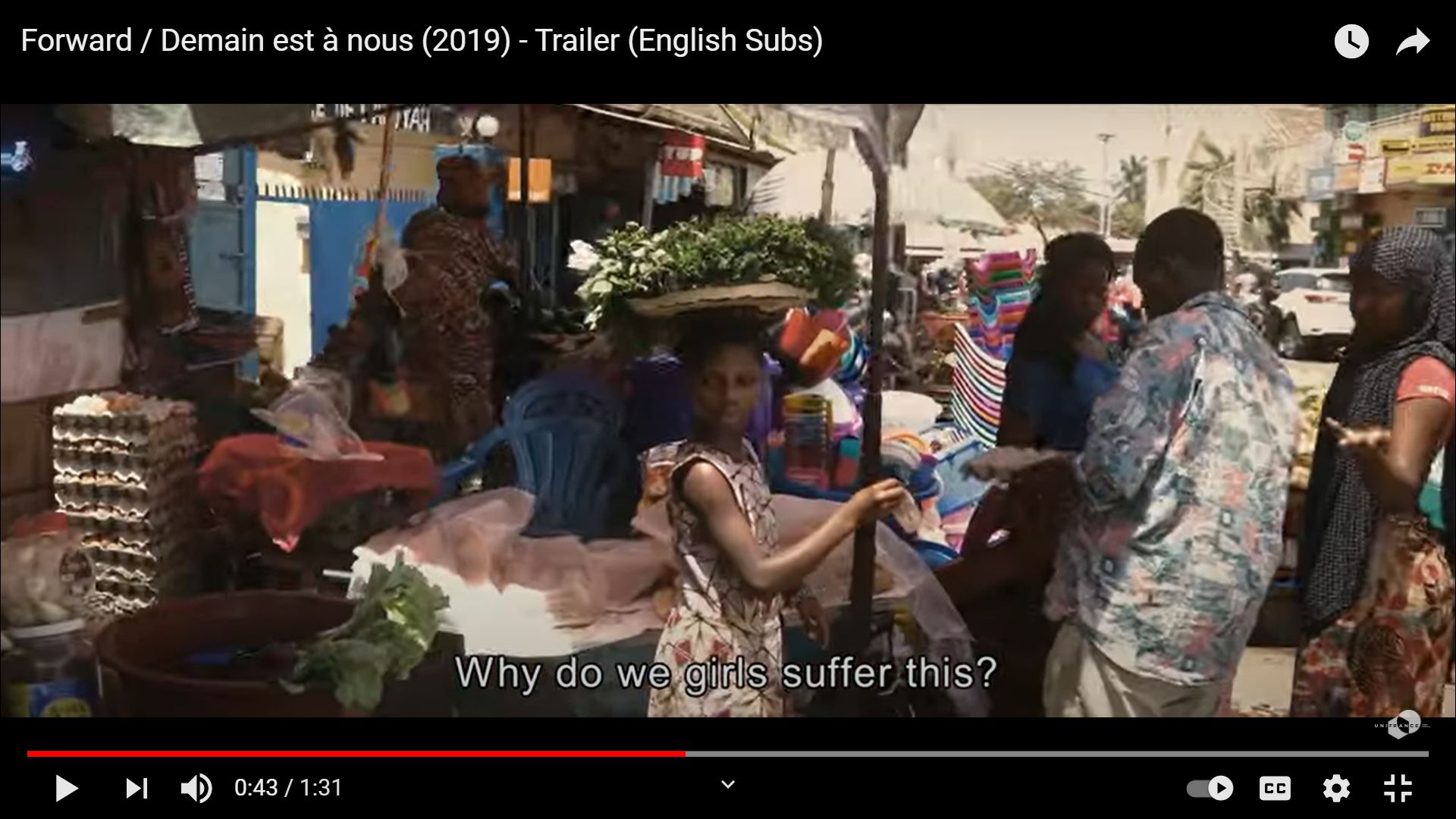
The increased awareness has served to expand the project. Starting with the generosity of Burger King, who offered him $1,000 monthly allowance in food to distribute for a year, according to TJ Perine, Austin’s father, the aim is now “to build a facility and get some specialists in there that can actually help these people get back into the workforce.” Austin is one of the youngest people ever to receive the ‘SPEAR’ community award from the Vulcan Park Foundation in Birmingham and was named one of the five most inspiring heroes from CNN’s “Impact Your World” series. “Show love means, you care about someone no matter what they look like,” he has repeatedly stated, and “Show Love” has become his motto.
And yet, even children with noble causes can become targets of smear campaigns, conspiracy theories, and criticism when their efforts become effective and they cross the interests of big business or denialist politicians. Greta Thunberg has been ridiculed for her autism, and her father’s motives have been impugned. According to her critics, Malala Yousufzai was her opportunistic father’s puppet; he’s living vicariously through her and they enjoy perks from British government.
Instead of voicing such cynicism we should be taking inspiration from these children and teens and support them. Indeed, there should be no need whatsoever for them to be doing what in all conscience, we should be doing for them: ensuring a healthy planet, giving them access to safety, food and education, making sure they get the opportunities that they are entitled to.
Young people are scared when they think about the future, their own and that of the planet. The only thing that mitigates this fear is the feeling that they can exercise some control over the outcome and the way to do that is to do something about it. As Kauã bravely puts it, “I’m not scared of the future of the planet, because I’m going to help the planet,…I’m going to go forward with this project. You don’t have to be scared.”
When they’re not scared, they’re angry; as Greta Thunberg was in her now (in)famous rant: “I should be back in school on the other side of the ocean. Yet you all come to me for hope? How dare you! You have stolen my dreams and my childhood with your empty words. And yet I’m one of the lucky ones. People are suffering. People are dying. Entire ecosystems are collapsing. We are in the beginning of a mass extinction. And all you can talk about is money and fairytales of eternal economic growth. How dare you!”
They are personally invested in the health of the planet and society, because previous generations—ours and our parents’—have squandered their power, or looked the other way, when they could have done something about it. We have guzzled gas and water, thrown away food while millions were starving, eradicated forests to make more boxes, clogged the oceans—and their life forms—with plastic bags, and poisoned the air with fossil fuel fumes. These children activists know who is to blame: us. As Isra states, “Adults won’t take climate change seriously. So, we, the youth, are forced to strike.”











